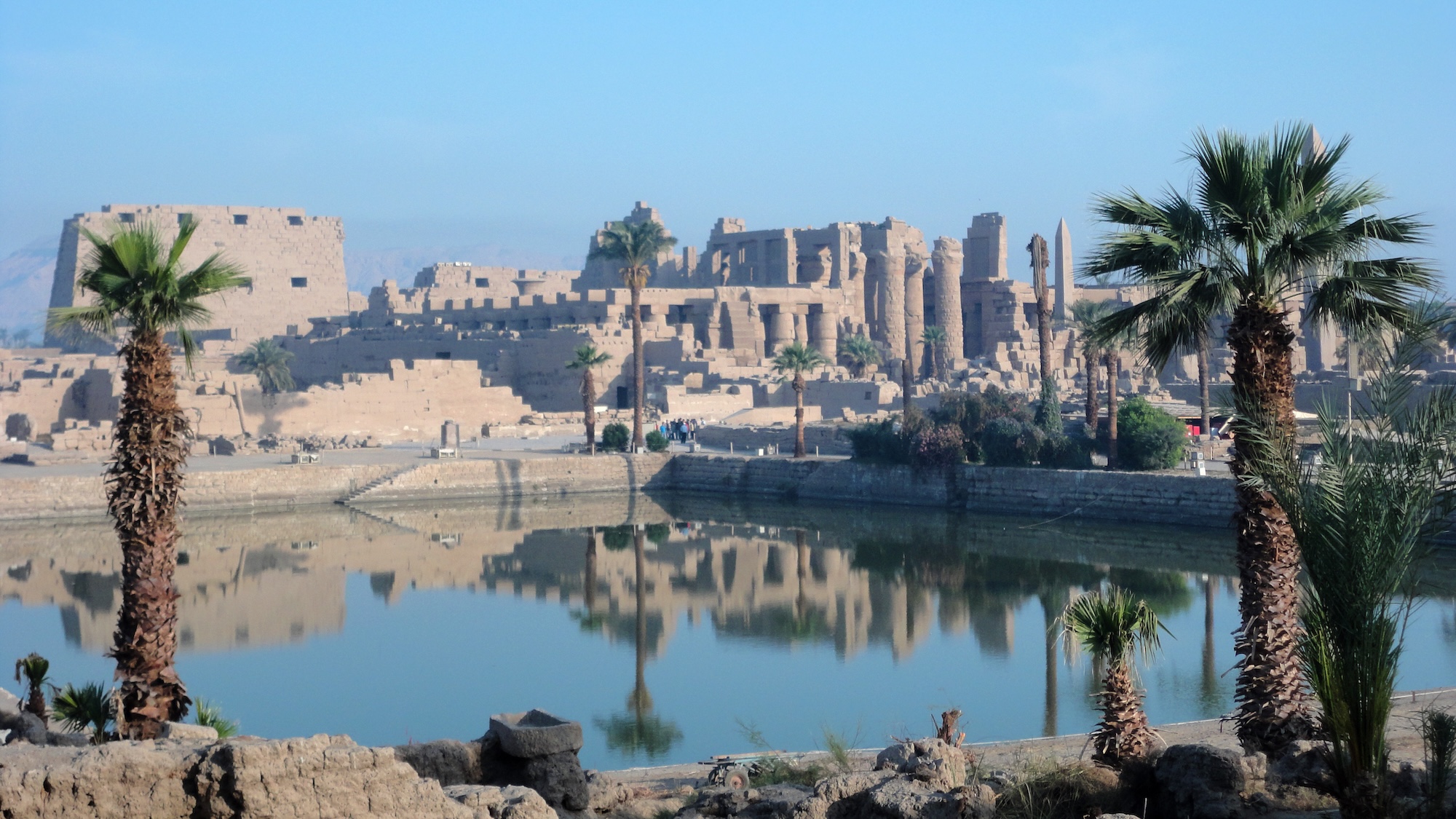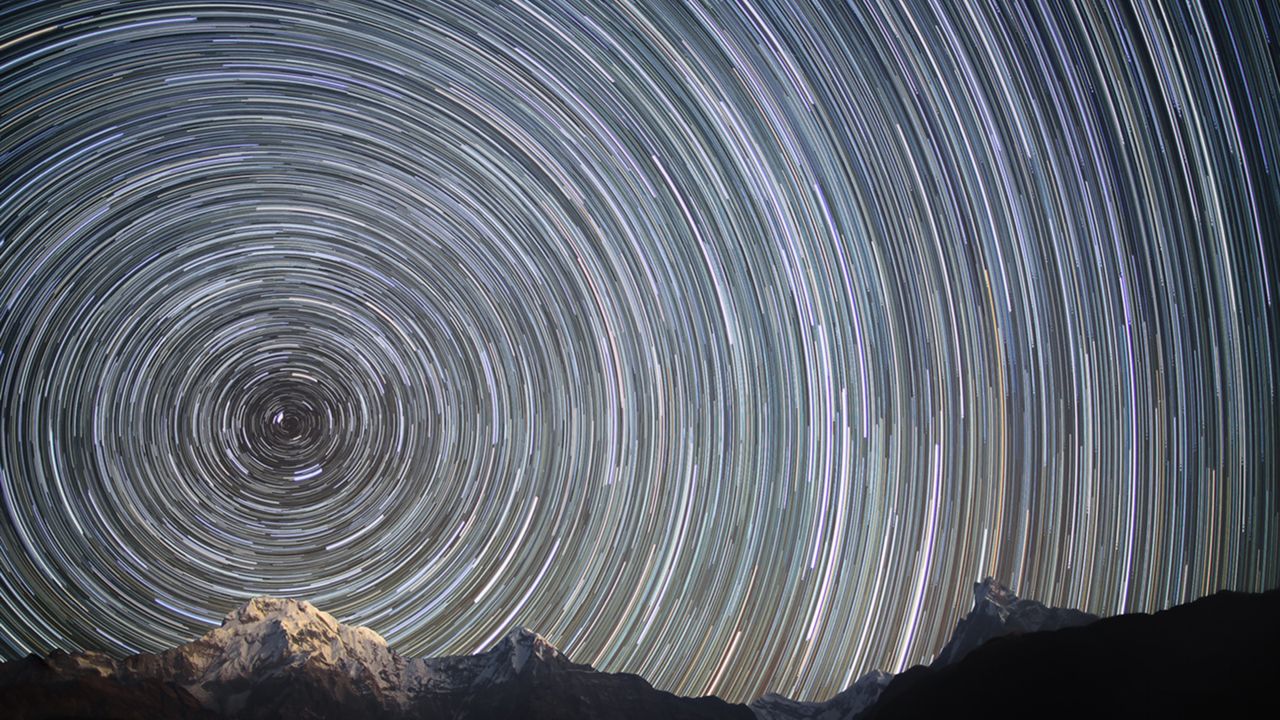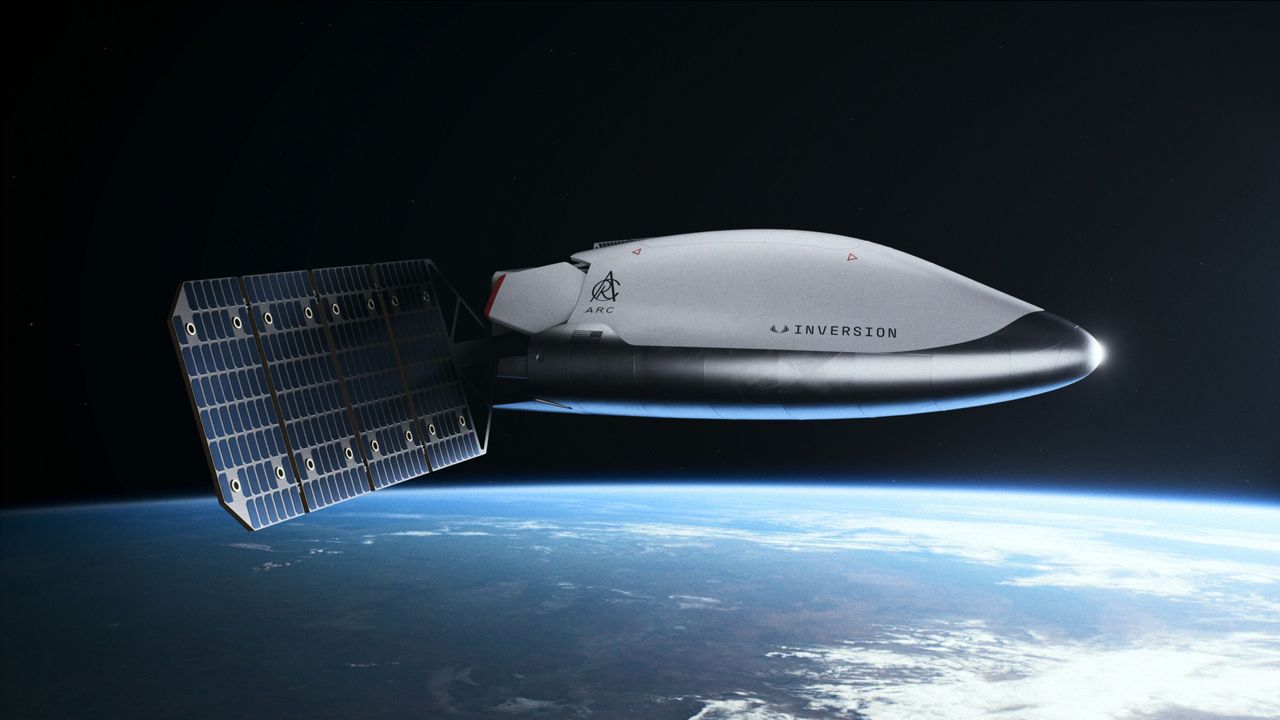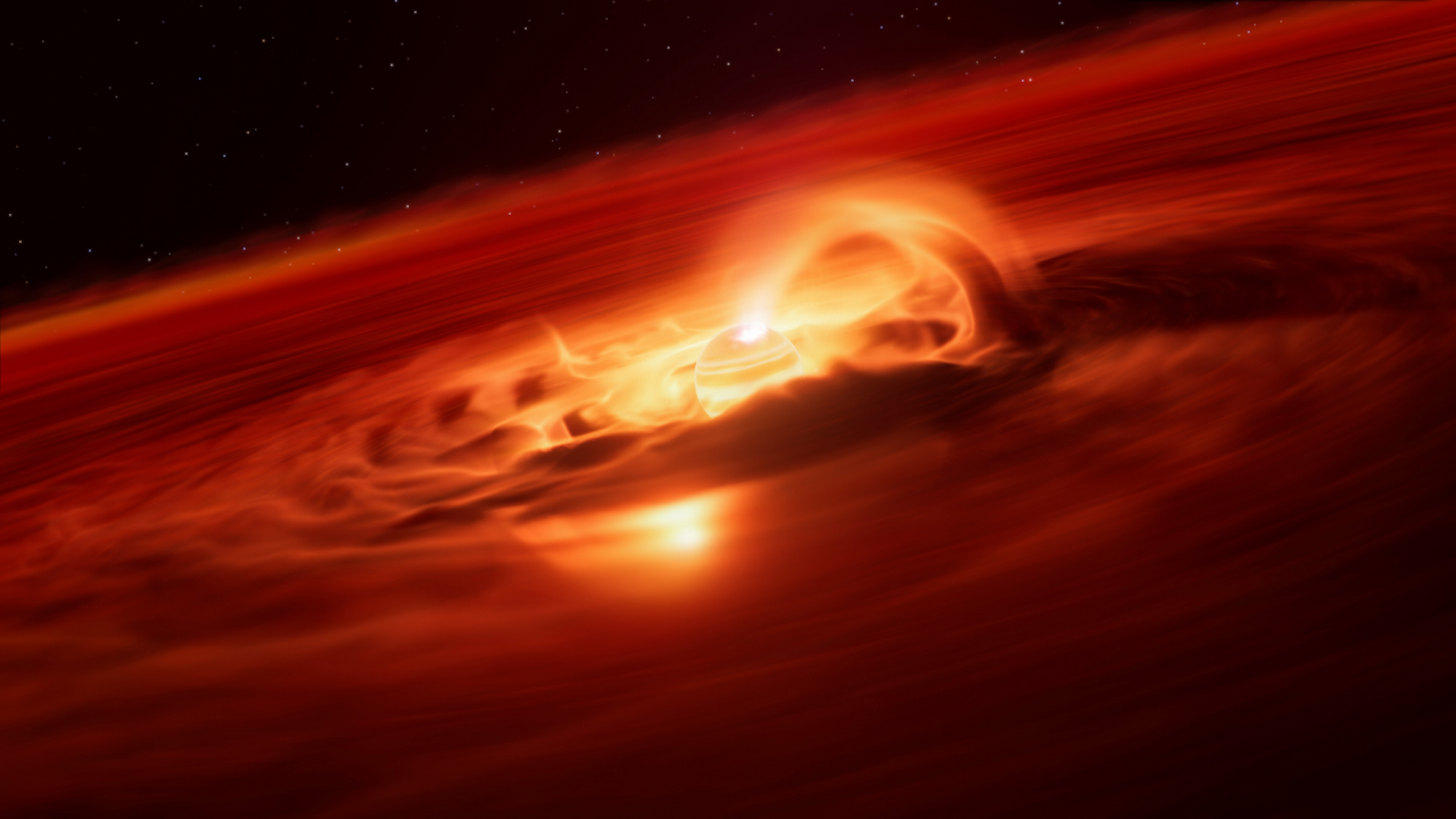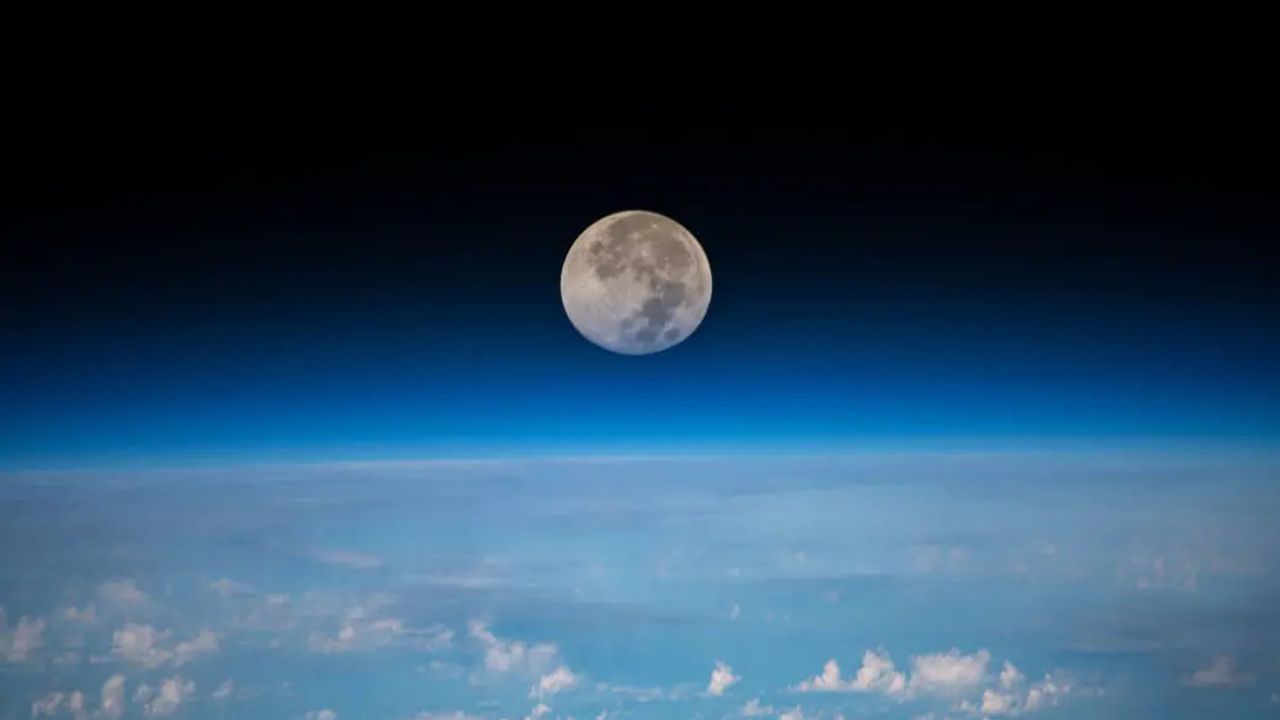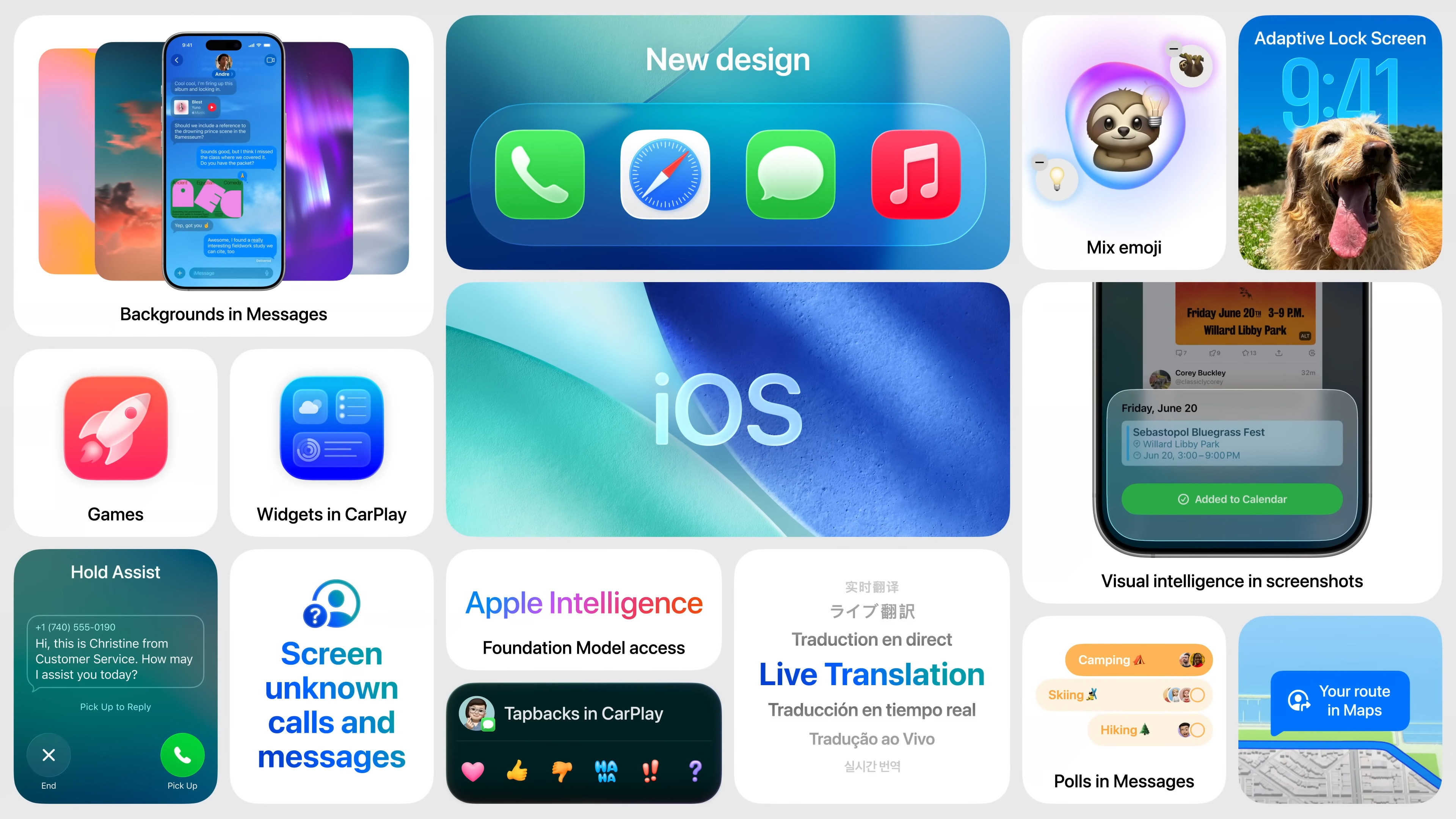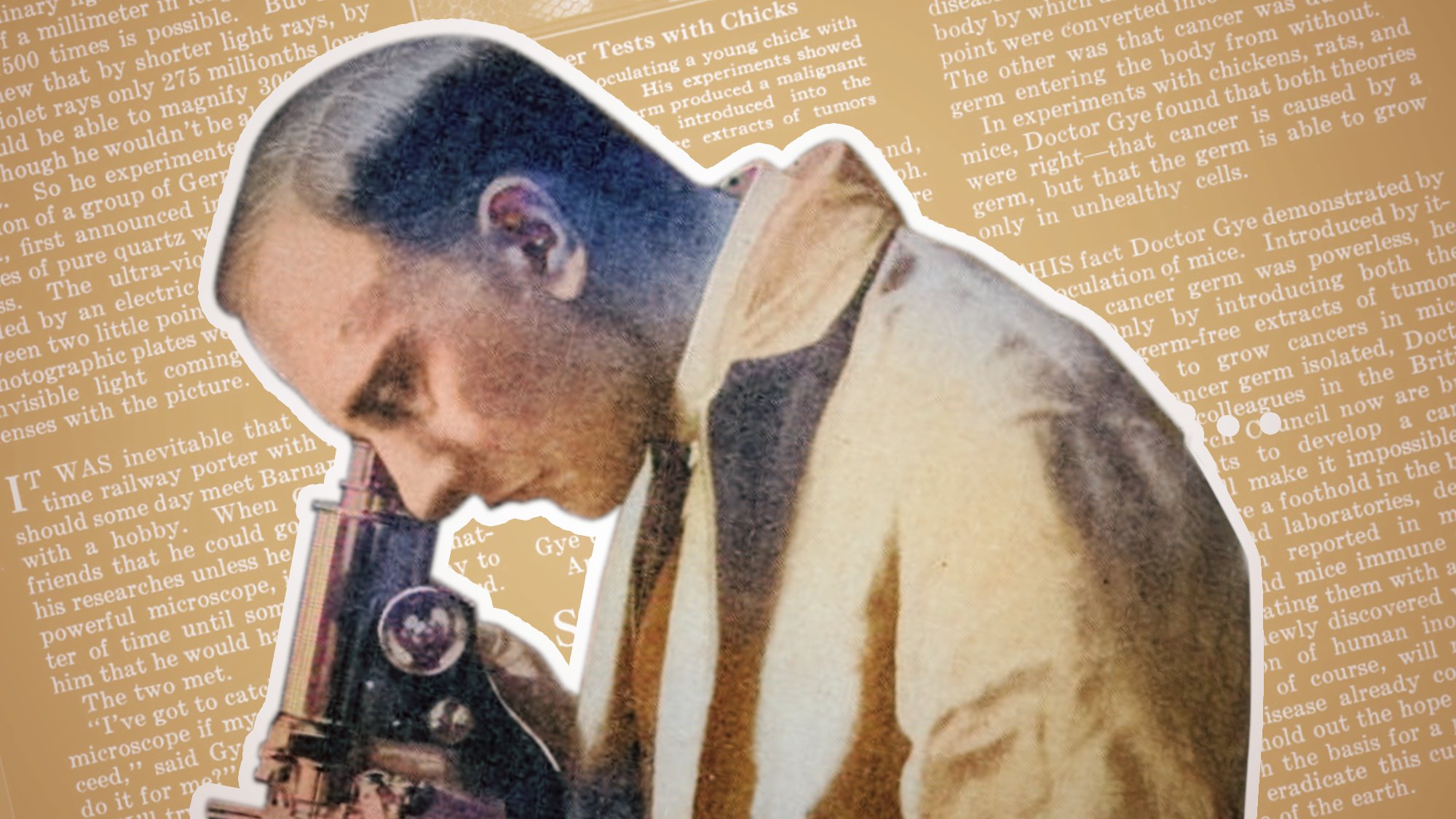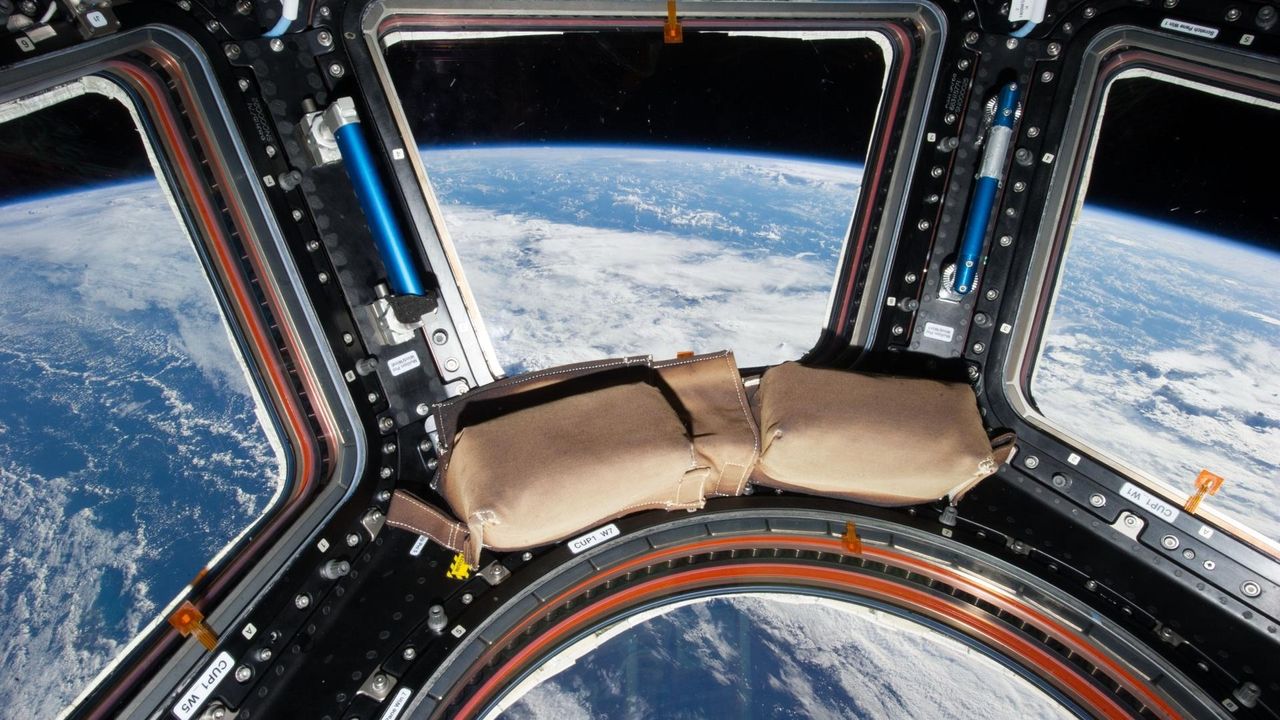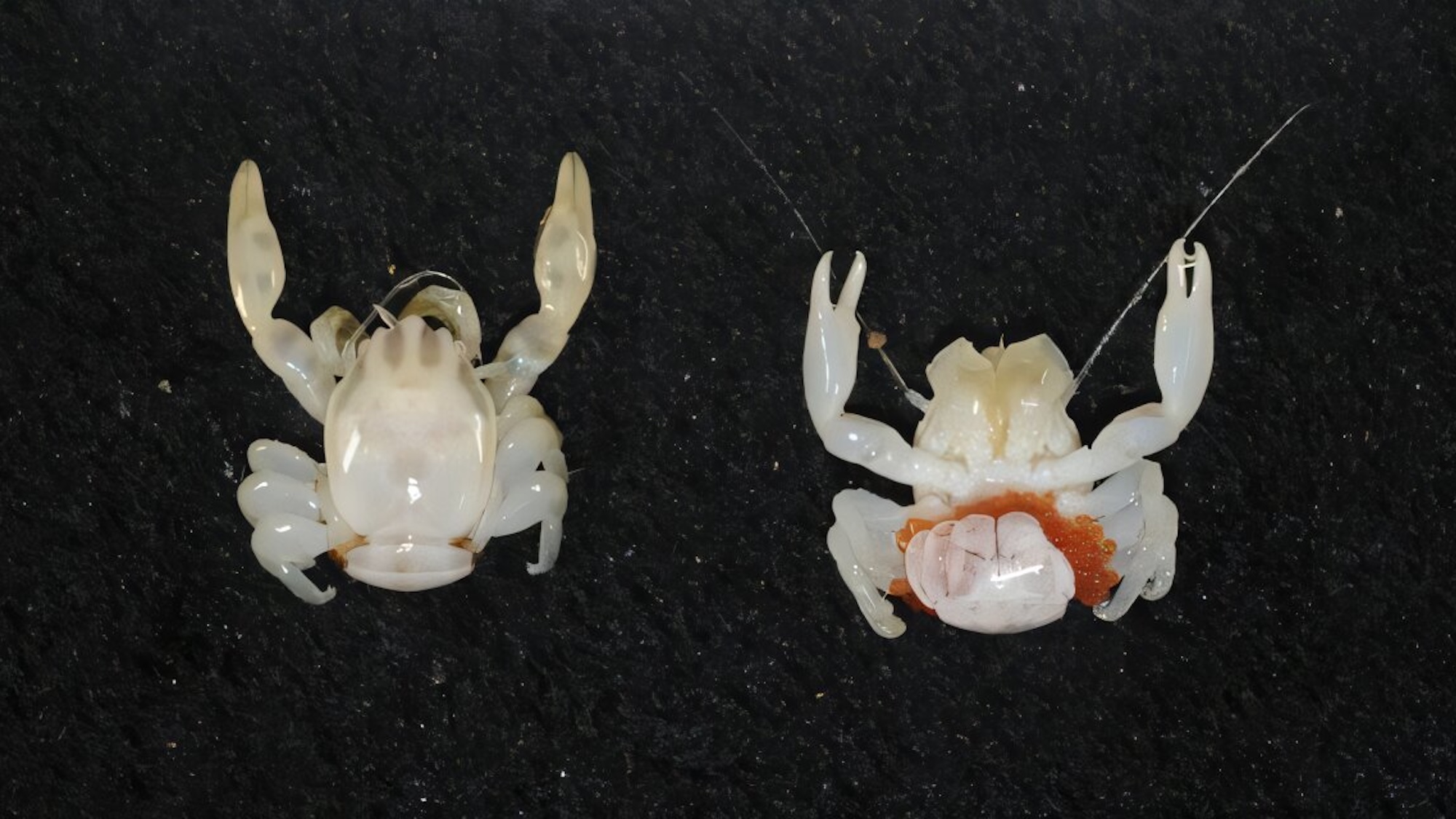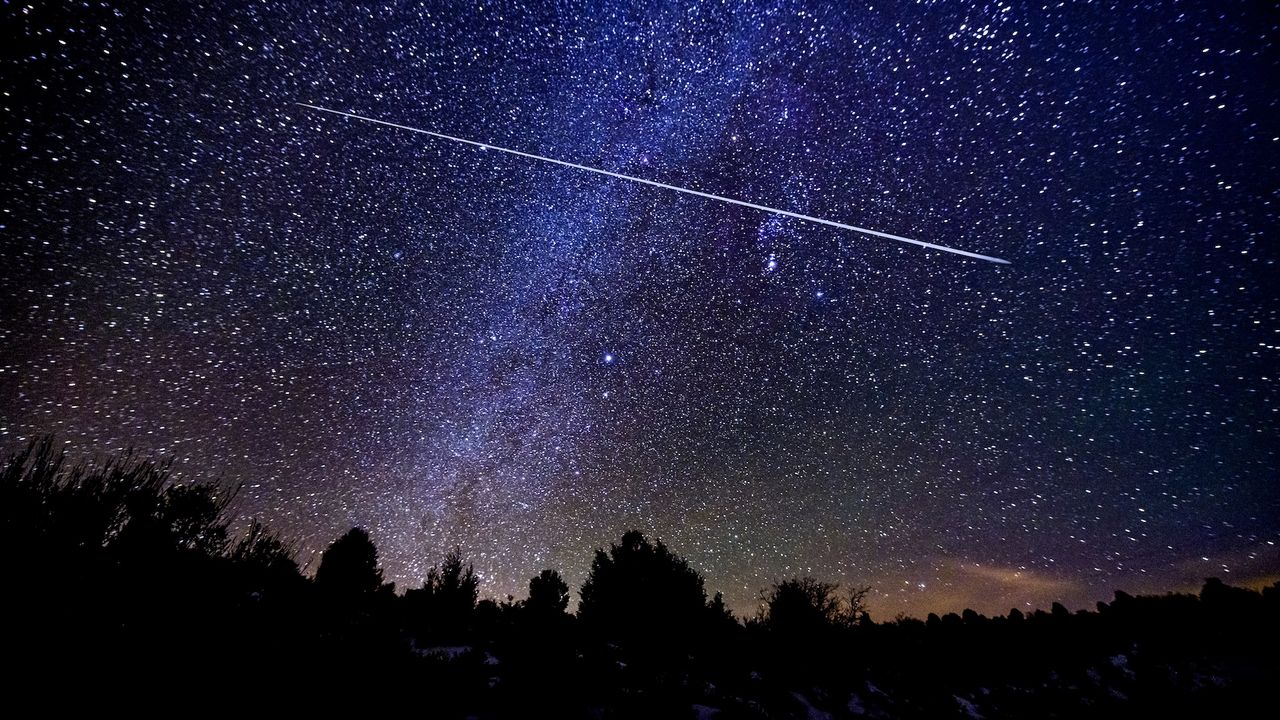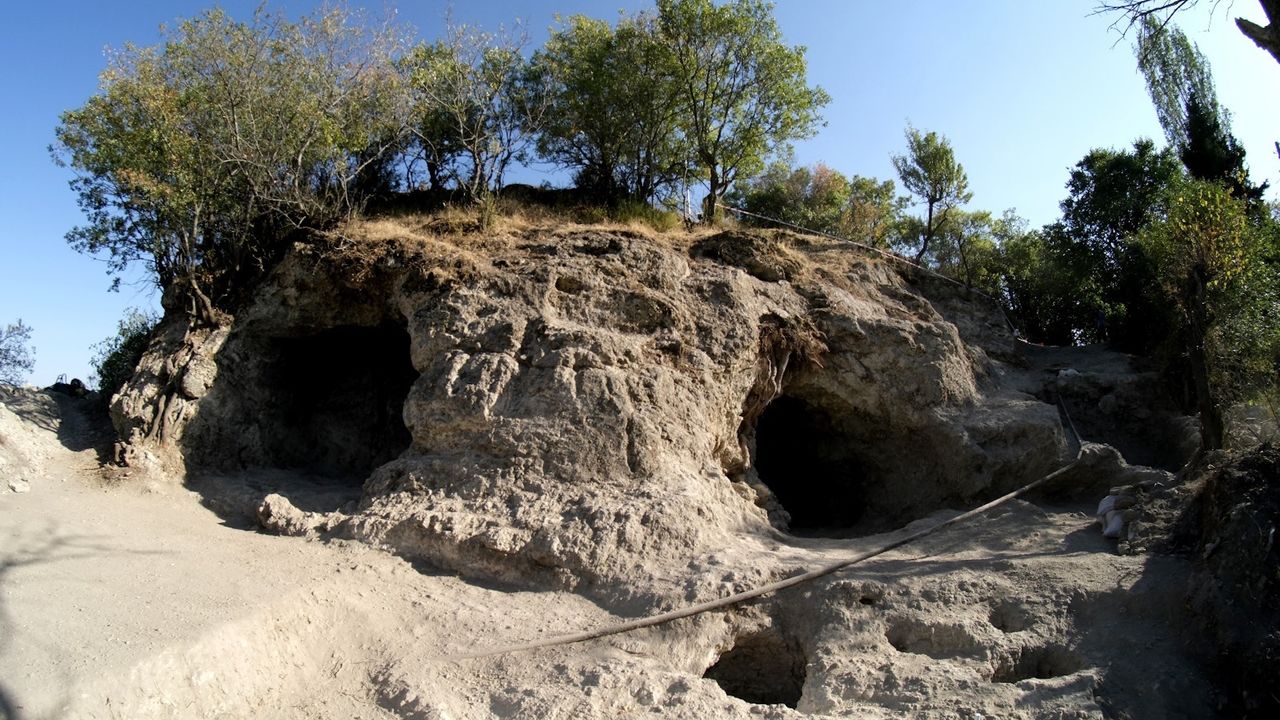Earth has a space tornado problem
NegativeScience

Recent studies have revealed that Earth is facing a significant issue with space tornadoes, which could pose a threat to national security. These phenomena, while not widely known, can have serious implications for satellite operations and communication systems. Understanding and addressing this problem is crucial as it highlights the need for better preparedness against potential disruptions caused by these space weather events.
— Curated by the World Pulse Now AI Editorial System
